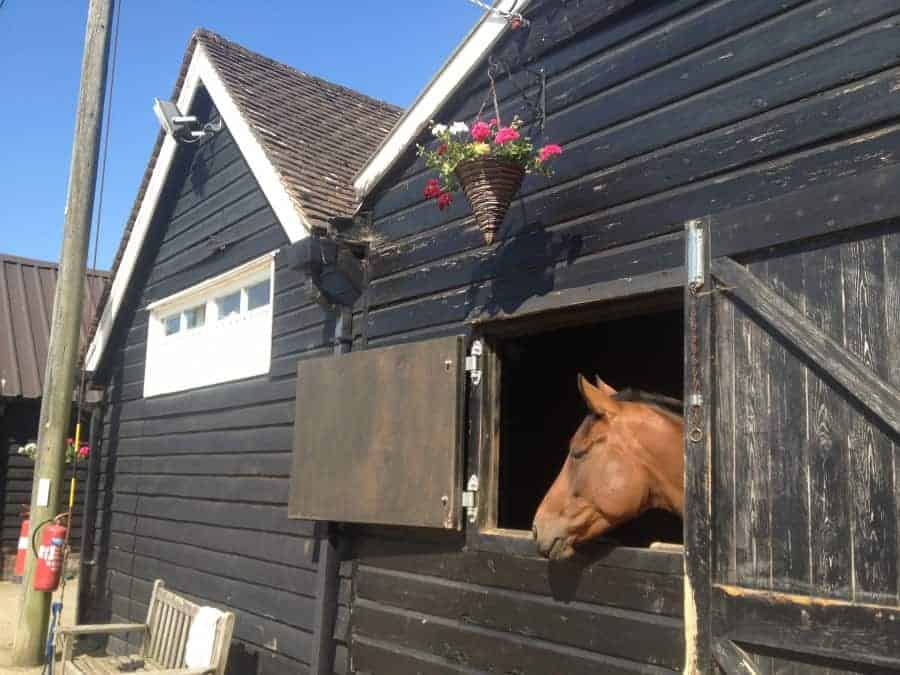Loaning a horse: How to protect yourself

Loaning a horse can be a rewarding and financially viable experience for both horse owners and prospective loanees. Unfortunately, the nature of the relationship created between the parties often gives rise to disputes.
Solicitor Hannah Bradley shares her advice for successful loan arrangements.
Important points to remember
- The protection, which you will require, will vary depending if you are the owner, or the loanee.
- Terms to be discussed will clearly also depend on the horse itself and what it is intended to be used for.
- It is always best to have the terms agreed between the parties documented, so that if things take a turn for the worst, you have an accurate record of what was agreed at the time.
- It may not be possible, or proportionate, to have the agreement drawn up professionally and although that would be the ideal position, it is better to agree something on paper yourselves than to rely on conversations which took place at the time, which you will have no proof of at a later date.
What to agree before loaning a horse
Owner
- Ensure that the loanee knows that overall control (and ownership) of the horse remains yours.
- Agree that you have a right to inspect the horse (usually at an agreed mutually convenient time).
- Take care to disclose any quirks, habits or vices of the horse. If the horse injures or causes loss to the loanee, you will be in a much stronger position should they seek to make a claim against you if you have disclosed the cause of any accident beforehand.
- Make sure that it is clear what the horse is to be used for. What is it suitable to be used for? If you would not be happy with your elderly horse being put through strenuous exercise, say so.
- Ensure that the horse and any equipment to be loaned with it are adequately described.
- What is the condition of the equipment? Include details of the horse’s passport, breed society, markings, freeze brands or other identifying marks.
- Does the horse require any special care?
- Set out any requirements, which the loanee must adhere to. Does he/she require feed supplements or remedial shoeing? Do you wish for the loaner to use the same vet/farrier?
- How often the horse must be shod and wormed?
Loanee
- Consider having the horse vetted. This will act an accurate record of the horse’s physical condition at the start of the loan and could uncover any issues, which may appear at a later date.
- Ensure that arrangements are made for you to take control of the horse’s passport and registration papers.
- Be clear with the owner about your own requirements and abilities.
Both Parties
- Do you wish to have a probationary period so that it can be established that both the horse and the loanee are suited?
- What is to be the length of the loan? Will it be a fixed term (such as one year), periodic (continuing each month until further notice) or for a specific purpose (eg until the horse has bred a foal)?
- How will either party end the loan? What notice period must be given? In what circumstances can a party terminate the loan without notice?
- Who will bear the cost of transporting the horse at the beginning and end of the loan?
- Who will meet the horse’s day-to-day expenses? Does this include veterinary and farriery costs?
- Who will have authority to decide about the horse’s veterinary treatment? What if the horse becomes suddenly ill or injured and the vet advises that it should be put to sleep. Does the loanee have authority to make that decision if they cannot contact the owner?
- Will the horse be insured? If so, who will pay? Ensure that the loaner is able to comply with the terms of any insurance policy.
- Is anybody else other than the loanee permitted to ride or otherwise use the horse?
- Is the loanee permitted to breed from the horse? If the horse has a foal, will it belong to the loaner or the owner?
What if it goes wrong?
Even when parties take all the necessary precautions to prevent a dispute, inevitably, they do arise. It is always preferable to resolve disputes between the parties, but this is, unfortunately, not always possible.
The cost of any intended legal action must be considered and assessed against the potential gain. Unless the damages which you are seeking to recover (usually the value of the horse) are greater than £10,000, even if you are successful in Court, it is unlikely that the other party will be ordered to pay your legal costs.
The Court encourages the use of alternative methods of dispute resolution such as mediation (a process involving an impartial, trained legal professional who will assist the parties to reach a resolution).
It is important that parties to intended litigation are aware of the strength of their position. The journey through the Court process can be lengthy, stressful and expensive, but in some cases, it may be the only option for an aggrieved individual wishing to assert their legal rights.
If you find yourself involved in a dispute as a result of a loan agreement then you should seek independent advice from a solicitor, or the Citizen’s Advice Bureau.
Hannah Bradley is a solicitor for Brabners.






